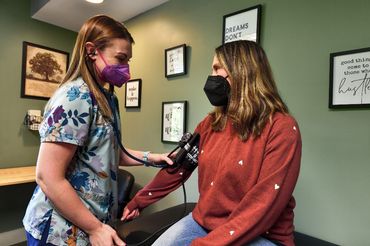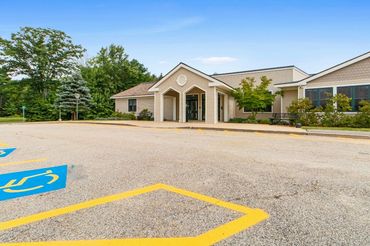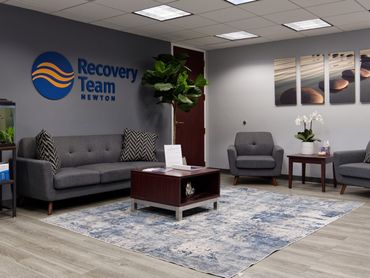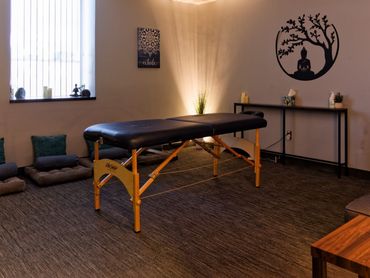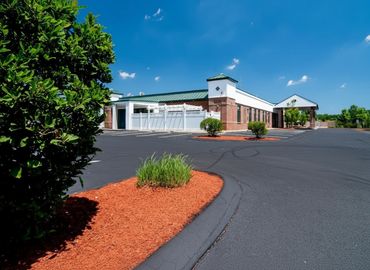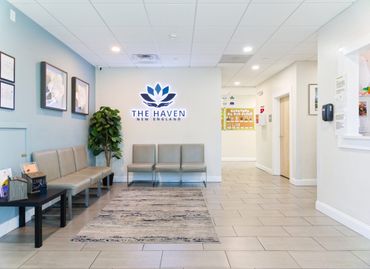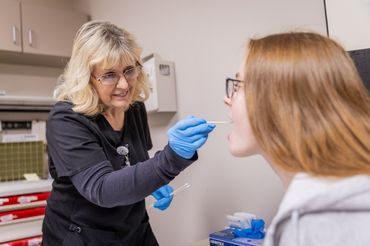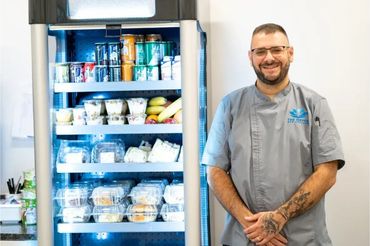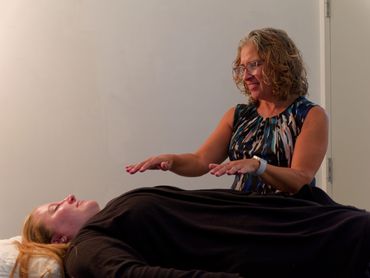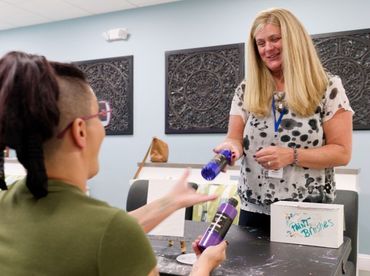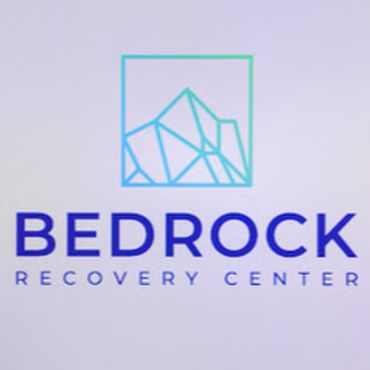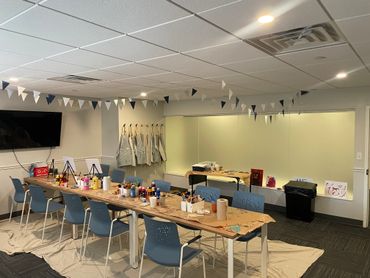
Drug & Alcohol Rehab Centers near Bedford, NH
When seeking treatment for substance use disorder in Bedford, New Hampshire, it’s crucial to take that first step towards recovery by understanding the available treatment options and payment choices. Finding the right treatment path can make a significant difference in one’s journey to sobriety.
Treatment Centers near Bedford, NH



All Treatment Centers near Bedford, NH
Are You Covered For Treatment?
- Manchester Rehabs
- Nashua Rehabs
- Concord Rehabs
- Lebanon Rehabs
- Keene Rehabs
- Littleton Rehabs
- Somersworth Rehabs
- Dover Rehabs
- Portsmouth Rehabs
Information About Rehab in Bedford
Latest Reviews
Latest Reviews of Rehabs in New Hampshire
The Plymouth House
Wrote letters to a loved one who has lots of time to write! They are supportive and have great policies. I felt the fact that they use 12-step was a weakness of the facility.
New Freedom Academy
I attended NFA Canterbury in Aug2020 as a 1st time treatment client. NFA saved my life. After 48 years of exhaustion and mental health and substance abuse I found staff and tools that saved my life. I needed the 12 step intense program that NFA offers coupled with my own surrendering to get there but it saved my life. It’s easy to find holes in any experience but I was taught to look inward and today my life is second to none because of the lessons i was taught by the staff at NFA and the tools given to me there on campus and the various sessions (meditations, therapy, step work, other). The food was incredible and the staff I owe my life to - thank you from bottom of my heart Cody, Colleen and the house tech staff
Area Information
Bedford, nestled in Hillsborough County, New Hampshire, is a picturesque town with a population of approximately 24,000 residents.1 Known for its charming New England atmosphere, Bedford offers a mix of modern amenities and natural beauty, making it an ideal location for residents and visitors alike.
Substance Misuse and Addiction in Bedford, New Hampshire
In Hillsborough County, substance misuse and addiction are widespread concerns. Statistics from the New Hampshire Information and Analysis Center reveal that in 2022, Hillsborough County had the second-highest rate of overdose fatalities in the state, with 4.16 overdose deaths per 10,000 residents.2
Drug and Alcohol Rehab
Rehabilitation facilities offer a variety of programs and services to assist individuals in their battle against addiction and support their path to recovery. These options cater to the unique needs and circumstances of each person.
What Happens in Drug and Alcohol Rehab?
Rehabilitation encompasses multiple levels of care, including detox, inpatient, outpatient, and aftercare. The choice of which stage to enter depends on an individual’s specific requirements and where they are in their recovery journey.
Detox Programs
Detoxification, often the first step in addiction treatment, is a crucial phase where the body is rid of harmful substances. These programs are medically monitored, ensuring the safety and well-being of individuals as they undergo withdrawal. Medical professionals may administer medications to alleviate the physical and psychological symptoms associated with withdrawal from substances like alcohol, opioids, or benzodiazepines. The use of medications is carefully tailored to an individual’s needs and the substance they were using, making the detox process more manageable and less daunting.
How Long Is Detox in Rehab?
The duration of a detox program typically ranges from 3 to 7 days, but it can vary depending on several factors. The type and amount of the substance used, the individual’s overall health, and the severity of withdrawal symptoms all play a role in determining the length of detox. For instance, opioids and alcohol may require longer detox periods due to their potential for severe withdrawal symptoms.
Inpatient Drug and Alcohol Rehab
Inpatient drug and alcohol rehabilitation programs provide a comprehensive and immersive approach to addiction recovery. These programs typically last for 30, 60, or 90 days, although the duration may extend based on individual needs and progress. In an inpatient setting, individuals reside at the treatment facility, allowing them to fully focus on their recovery without the distractions and temptations of the outside world.
Therapy is a central component of inpatient drug rehab, and it’s used to address the root causes of addiction, develop coping strategies, and provide ongoing support. This includes individual counseling and group therapy sessions, which offer a supportive environment for individuals to share their experiences and learn from one another. Inpatient programs are also equipped to handle co-occurring disorders, which often accompany addiction, by providing integrated treatment. By addressing both the addiction and any underlying mental health issues, inpatient drug and alcohol rehab programs offer a holistic approach to recovery.
Outpatient Drug and Alcohol Rehab
Outpatient drug and alcohol rehab programs offer individuals the flexibility to continue with their daily routines while receiving treatment and support. These programs are suitable for those with milder addiction cases or those who have completed inpatient treatment and are transitioning back to regular life. Outpatient treatment provides a structured framework for recovery, offering counseling, therapy, and educational sessions.
One significant focus of outpatient programs is equipping individuals with the tools they need for aftercare and relapse prevention. Participants learn strategies to navigate real-world triggers and challenges, helping them maintain sobriety once treatment concludes. This approach encourages personal responsibility and accountability for one’s recovery journey. Outpatient treatment is a valuable option for those seeking support in their ongoing recovery while still meeting their work, family, and other commitments.
How Much Does Rehab Cost?
The cost of rehab can be a significant concern, but it should not deter anyone from seeking help. Various options are available to help cover the expenses, such as:
- Payment Plans
- Government Grants and Scholarships
- Free Rehab
- State-Funded Rehab
Does Insurance Cover Drug and Alcohol Rehab?
Most insurance plans offer at least partial coverage for rehab expenses, making it more accessible for individuals seeking treatment. Widely accepted drug rehab insurances that can alleviate the financial burden associated with rehabilitation include:
Finding The Best Rehab Center
Bedford, New Hampshire Drug and Alcohol Rehab Facilities
When searching for rehab facilities, individuals can use our rehab locator tool to find nearby treatment centers. While seeking treatment in New Hampshire is an option, going out of state can reduce distractions and increase the chances of successful recovery.
Sources
- United States Census Bureau. Bedford, New Hampshire. July 1, 2022.
- New Hampshire Information and Analysis Center. New Hampshire Drug Monitoring Initiative. January 28, 2023.





















